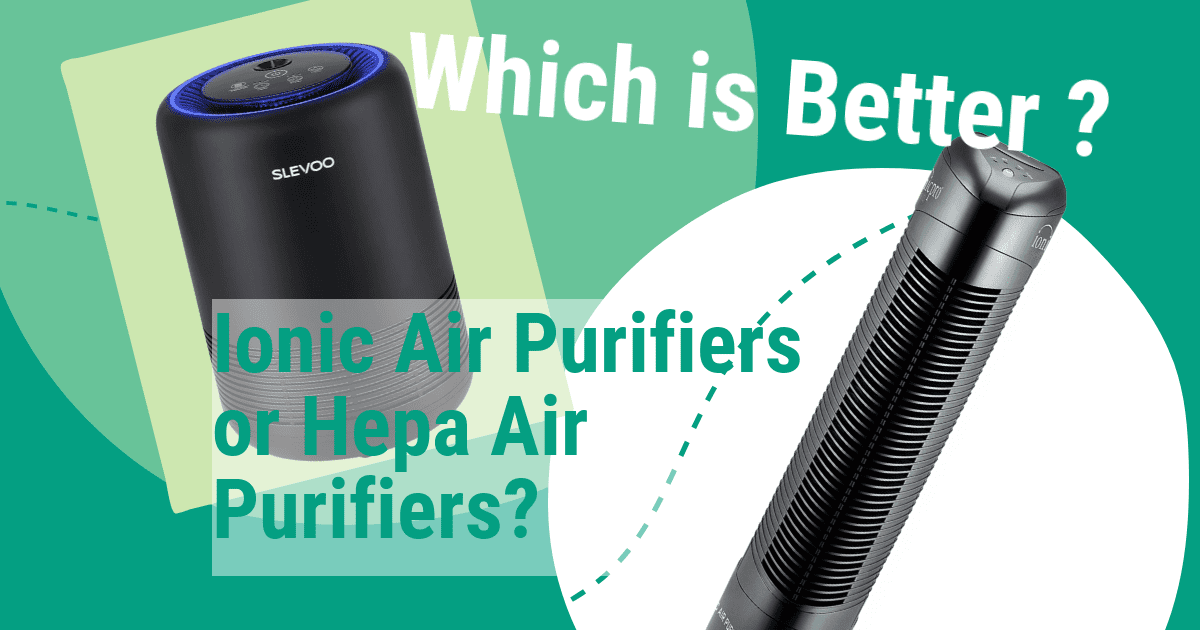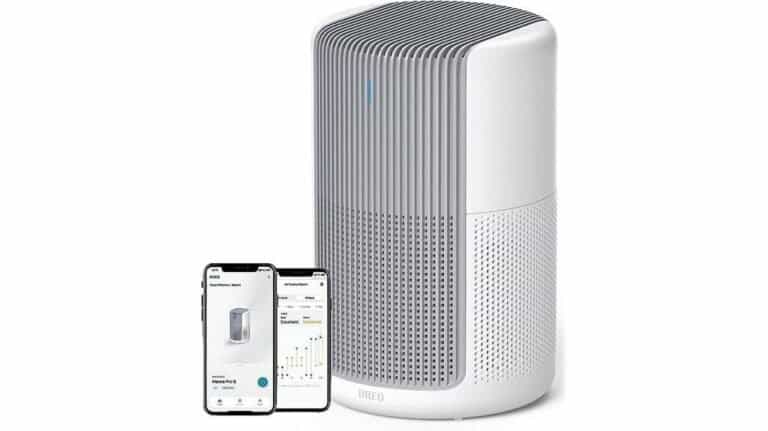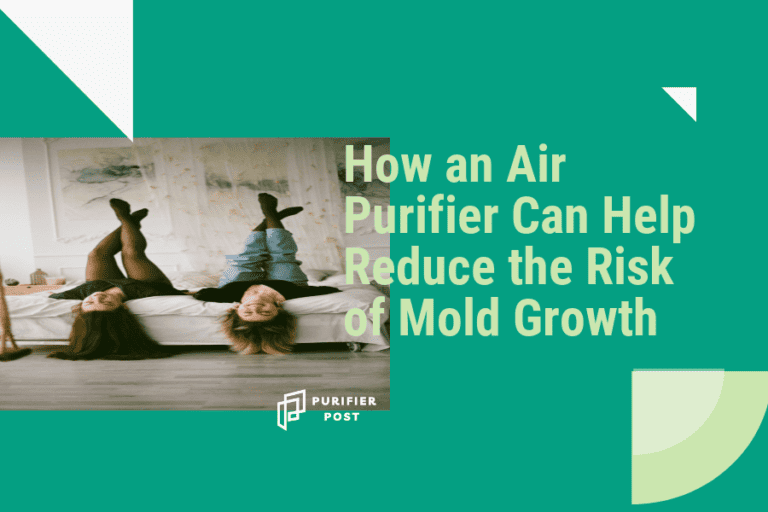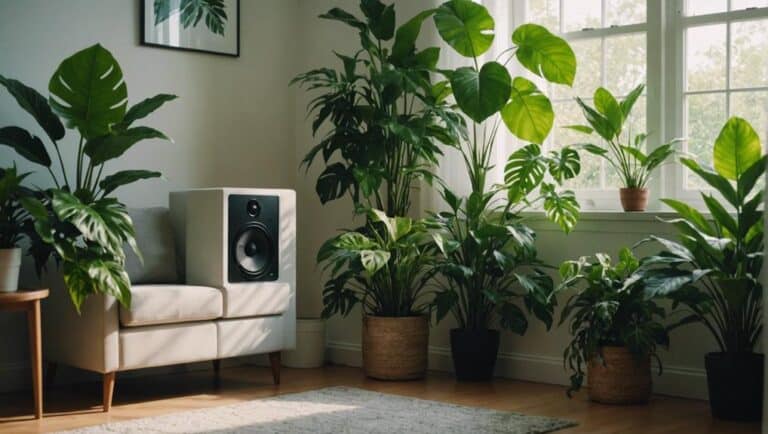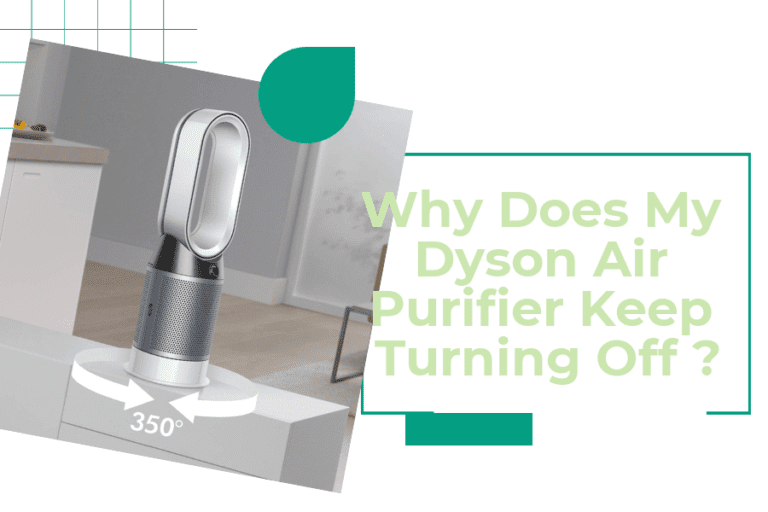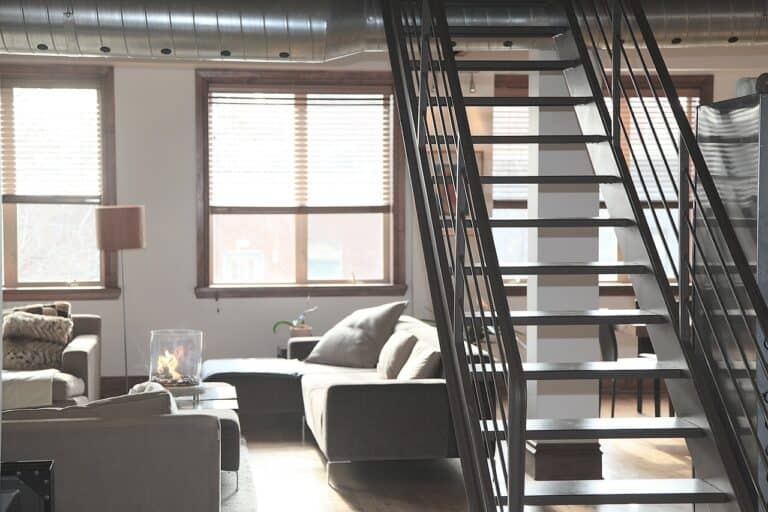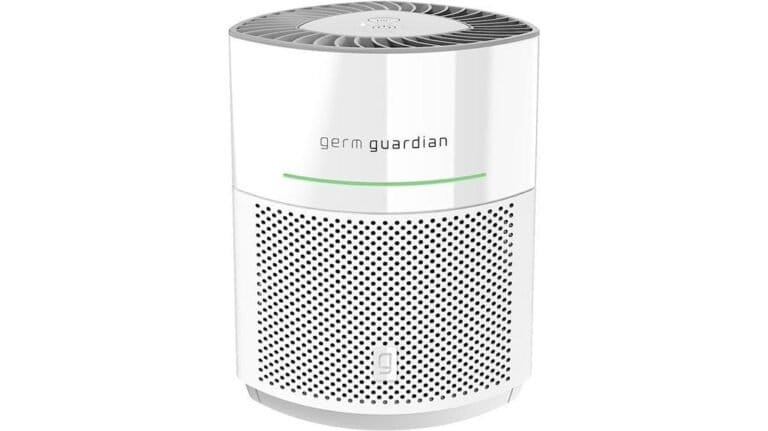Which is Better, Ionic Air Purifiers or Hepa Air Purifiers?
Air purifiers can create cleaner air in your home. They help eliminate odors, dust, smoke particles, and other irritants from the air. They are also known as air cleaners. When you have pets or children, an air purifier can be a great addition to your household.
Cleaner air will not only boost your mood but will also improve your health by reducing allergy triggers and airborne contaminants. T
o choose the right type of air purifier for your home, it is important to understand the differences between ionic and HEPA filters. Both types of filters have their pros and cons so you’ll need to consider all of them before making your final decision.
Let us compare the two types of air purifiers in this article:
Ionizer Air Purifier
An ionizer air purifier uses an electrical current to change the molecular structure of small particles in the air, turning them into smaller ones.
They are also referred to as electrostatic or electrostatic precipitators. You need a power source that is either plugged into an outlet or battery-powered for this type of air purifier to work.
This type of filter relies on ions and electricity to remove pollutants from the air and works best in large spaces like offices and factories.
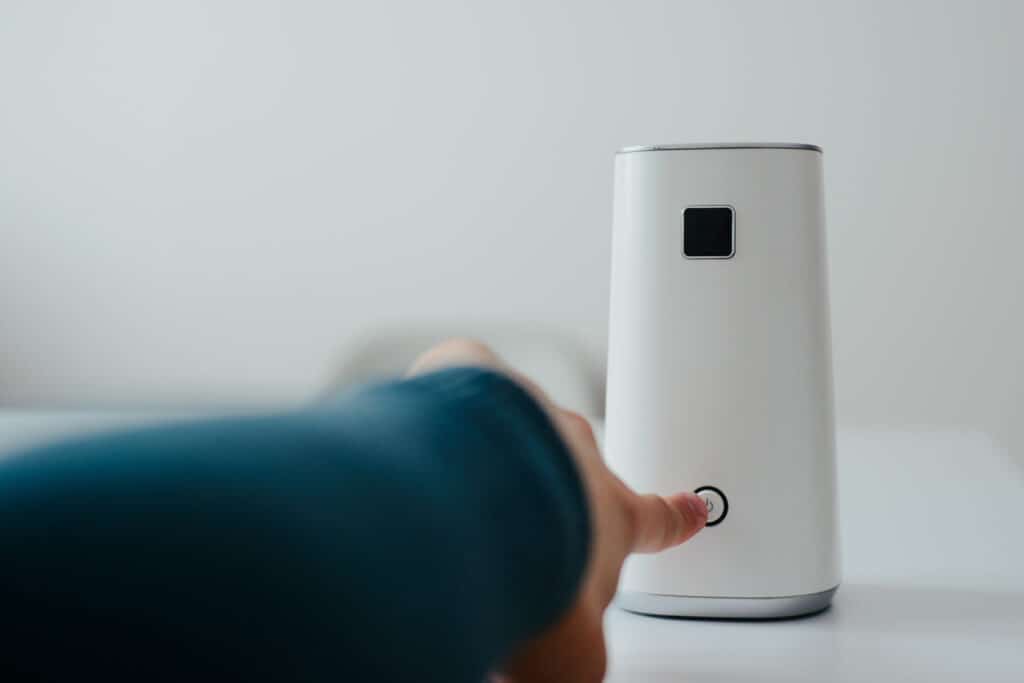
HEPA Air Purifier vs. Ionic Air Purifier
HEPA air purifiers are better at filtering out small particles from the air . They are considered to be the most effective type of air purifier for people with allergies or asthma, as they work well in removing allergens like pollen and dust.
HEPA filters are also much cheaper than ionic filters, which is an important factor for those who want to keep their budget in check.
Ionic air purifiers are better at filtering out larger particles from the air. They are considered to be better than HEPA filters because they filter out larger-sized pollutants such as dust and smoke particles. However, this type of filter has a limited range in terms of size and can only filter out smaller particles.
Ionic air purifiers are also more expensive than HEPA filters, which is a disadvantage for those who want a low-cost option.
Which is better, ionic air purifier or HEPA air purifier?
Ionic air purifiers use a low-voltage electrical field to trap and destroy airborne allergens. The typical ionic filter has a HEPA rating of 99.97% which is high enough to filter out most particles.
Unlike other air purifiers, they do not have an actual fan since the molecules are already captured by the ionic fields in the filter. The downside of an ionic is that it loses its effectiveness over time as the electrical charges inside lose their power and new molecules can slip through.
Another disadvantage is that they cost more than HEPA filters but they also have a longer lifespan since they don’t have to be replaced as often.
Hepa air purifiers use a high-purity copper mesh to trap airborne particulates like allergens and pollutants. This type of filter has the highest level of filtration with 99.97% (HEPA) and 0.3 microns from 0-10 microns which means it removes almost all airborne particulates from your home, including bacteria, viruses, mold spores, and pollen.
The downside is that these filters need to be replaced every year due to wear and tear and cost more than ionic filters as well but they last for about 5 years so you can save money in the long run by buying one instead of replacing them each year.
So which type of filter is better? Well both types have benefits so the choice will ultimately depend on what you are looking for.
Which Type Is Better? There is no definite answer to this question. It depends on what type of pollutants you need to be filtered out from your home.
If you have pets or children then a HEPA air purifier is better because it removes all the different types of particles that may cause health problems like allergic reactions and asthma attacks.
On the other hand, if you have a family that spends most of its time indoors, then an ionic air purifier can work better for you because it does not rely on pollen or other airborne toxins to cleanse your home’s air.
Conclusion
Ionic air purifiers (IAPs) are a newer technology that is less expensive, but they do not have a filtration system. Hepa air purifiers (HAPs) have a filtration system and tend to be more expensive than IAPs.
